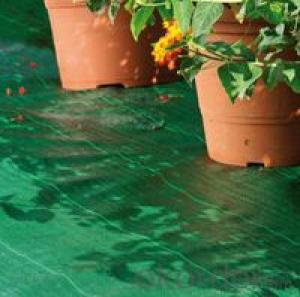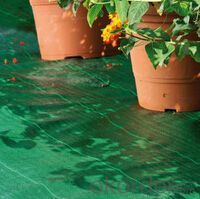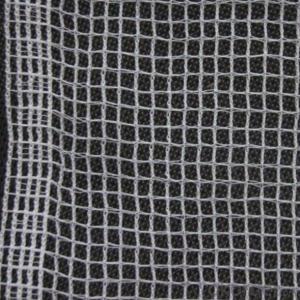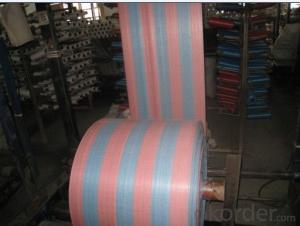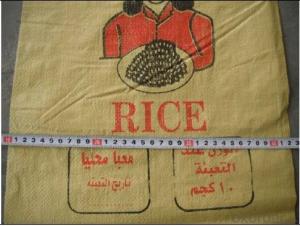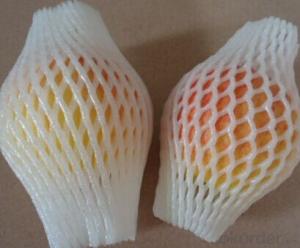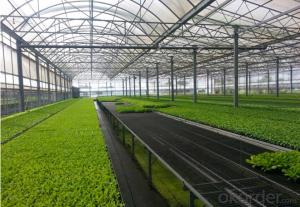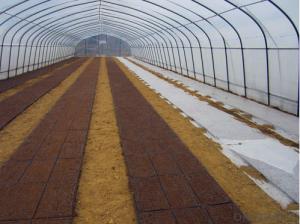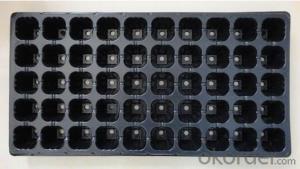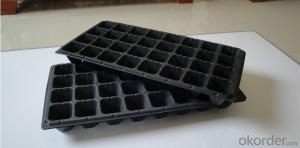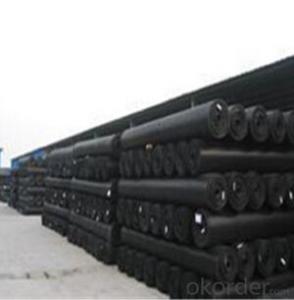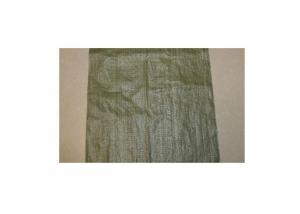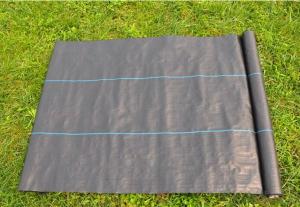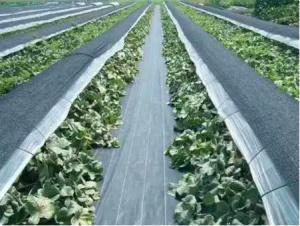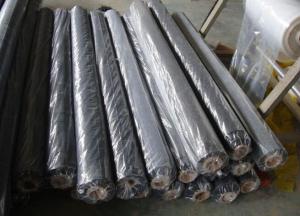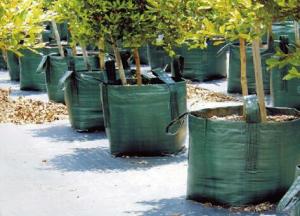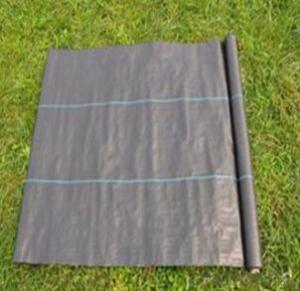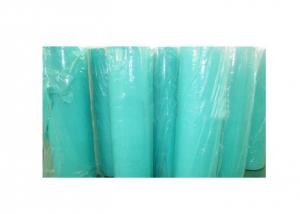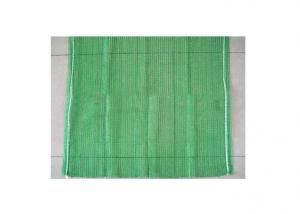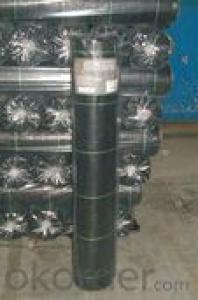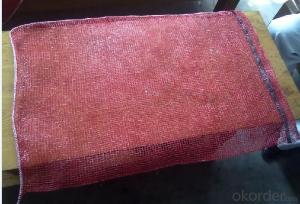Green PP woven weed mat
OKorder Service Pledge
OKorder Financial Service
You Might Also Like
Specification :
1) Fabric quality
-Weaving Condition (mesh weft x warp/ sq.inch) : 7x7, 8x8, 10x8, 10x10, 12x12,14x14,16x16
-Weight : 55gram/sq.m~ 250gram/sq.m
2) All four edges are reinforced by P.P rope in hem
3) Aluminum eyelet at every 1meter (1yard or 3feet) interval
4) Each piece in a polybag with your leaflet (or Size sticker)
5) Special treatment : U.V., F.R. / Brass Eyelet, Plastic Eyelet also available
Color : Any color available
Packing : Carton Box packing or Bale packing
Available use :
General Cover, Construction and Equipment Cover, Covers for open-stored goods,
Covers for trucks/automobiles/boat, Lining materials for storage tanks and containers,
Lining material for irrigation Canals and grain silos, Machinery Cover, Tents, Picnic mats,
Covers for Swimming Pools and Garden Furniture etc.
All of different specifications of PP/PE tarpaulin are available.
- Q: Is acrylic (like the 1/4quot; acrylic sheets from home depot) a kind of plastic and can it be melted easily? i want to shape a sheet of it with a heat gun... and can it be painted easily using spray paints for plastic?
- It is a plastic. It can be painted with the right type of paint. Whether itcan be shaped with heat, i can not answer.
- Q: Can ground cover plants be used to cover bare patches in a herb garden?
- Yes, ground cover plants can be used to cover bare patches in a herb garden. They not only provide a visually appealing cover but also help suppress weed growth and retain soil moisture. Additionally, ground cover plants can act as living mulch, protecting the soil from erosion and providing a favorable microclimate for herb growth.
- Q: How do agricultural plastic products help with fruit packaging?
- Agricultural plastic products, such as plastic crates or bags, help with fruit packaging by providing a lightweight and durable solution for transporting and storing fruits. These plastic products offer protection against physical damage, moisture, and pests, ensuring the quality and freshness of fruits throughout the supply chain. Additionally, plastic packaging allows for better visibility and marketing of fruits, as it can be transparent or printed with attractive designs.
- Q: Is it SAFE to use a plastic spatula when frying bacon? Temperatures must be what? something like 400 degrees? I know we are not supposed to use plastic wrap when reheating food in the microwave. See, I'm thinking that over time, and as the plastic spatula slowly starts to melt, it has to be releasing some kind of carcinogen, right? So tell me what you think, your sources......... I appreciate it!!
- Frying Spatula
- Q: How do you prevent overcrowding in a nursery tray?
- To prevent overcrowding in a nursery tray, it is important to carefully plan the spacing and number of plants to be grown. This can be achieved by following recommended guidelines for plant spacing, ensuring adequate space is provided for each plant to grow and develop properly. It is also essential to regularly monitor and thin out any excess or overcrowded plants to maintain a healthy and well-spaced nursery tray.
- Q: Do nursery trays come with a water reservoir?
- No, nursery trays typically do not come with a water reservoir.
- Q: Can ground cover be used to create a natural shade canopy?
- Yes, ground cover can be used to create a natural shade canopy. Ground cover plants, such as creeping vines or low-growing shrubs, can spread and provide a dense cover over an area, effectively blocking sunlight and creating shade. This can be especially useful in areas where trees or taller structures are not available to provide shade.
- Q: How to remove the plastic mold in the rich
- 1, diluted with warm water or vinegar, vinegar can2, soda water
- Q: Are nursery trays suitable for moss gardens?
- Yes, nursery trays can be suitable for moss gardens. Nursery trays provide a convenient and controlled environment for growing moss, allowing for easy maintenance and transplanting. Additionally, the shallow and compact nature of nursery trays is well-suited for moss, which typically has a shallow root system.
- Q: Do agricultural plastic products have any adverse effects on soil health?
- Yes, agricultural plastic products can have adverse effects on soil health. When plastic materials such as mulch films or irrigation pipes are left in the soil after use, they can degrade very slowly, leading to soil pollution. This can hinder proper water and air circulation, affect microbial activity, and disrupt nutrient cycling in the soil. Additionally, the presence of plastic residues can impact crop growth and reduce soil fertility, posing long-term risks to agricultural sustainability and ecosystem health.
Send your message to us
Green PP woven weed mat
OKorder Service Pledge
OKorder Financial Service
Similar products
Hot products
Hot Searches
Related keywords
